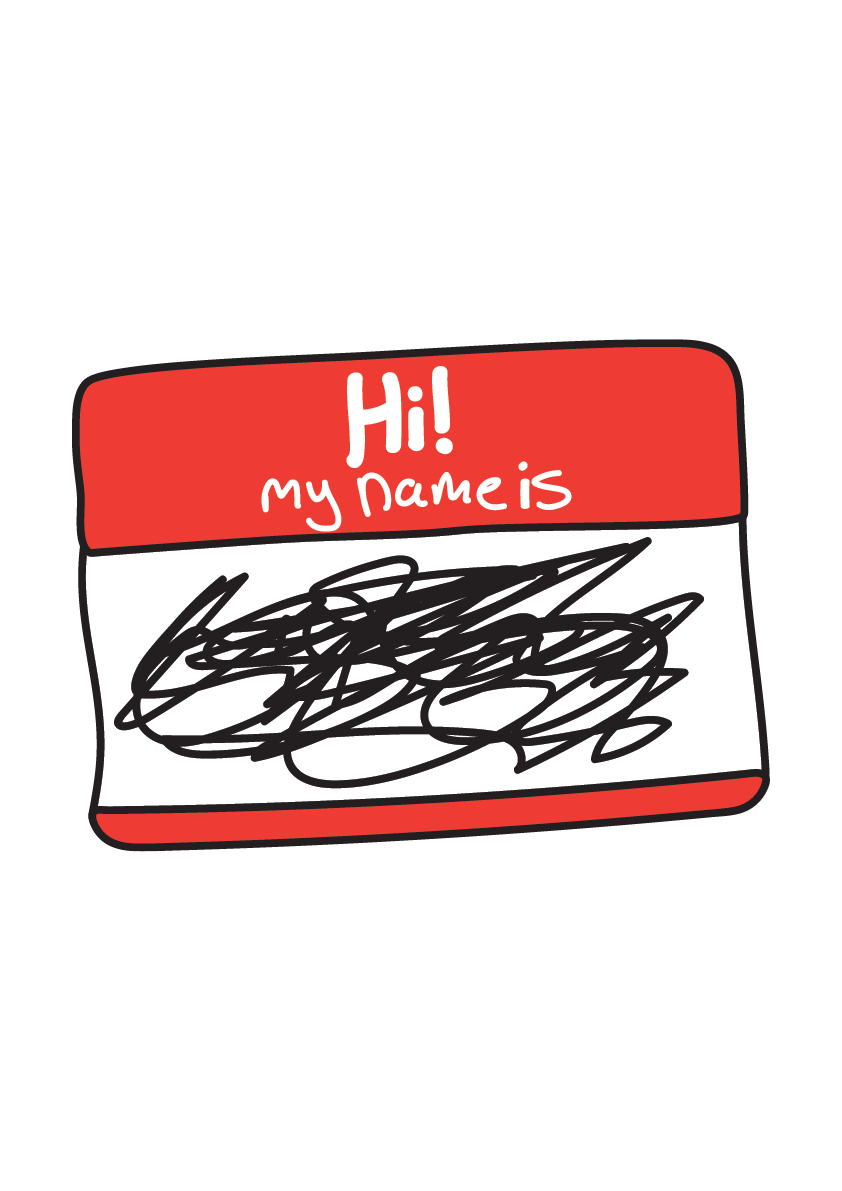
It goes without saying that when you have a ‘unique’, or really, non-Western name, you are probably familiar with the inevitable pause before someone says your name. For some, a name that is an important part of their identity and their whakapapa isn’t even something people bother to learn to pronounce. Below are some words from two students that wish to share their experience with their name.
Amirah
My name, meaning “princess,” was chosen with love and intention by my parents—because I am their princess. But after countless mispronunciations, I started using “Mira” to make things easier. I understand it can be hard for others, but my real name holds deep meaning and identity. My dad would often ask, “Why that name? Are you ashamed of your real name?” I’m not—I just learned to adapt, even when it hurts a little.
Zymal Khurram
Like many people with non-Western names, I’ve encountered people mispronouncing my name or disregarding it altogether. My name is not frequently observed but holds meaning that is relevant to me. As it has Arabic origin, I have always been proud of it because it demonstrates an essential aspect of my identity. To me, the effort made to learn and to pronounce someone’s name correctly is a subtle indication of respect and honour.
No matter what name you have or where it comes from, we all deserve to be proud of our name. It is a part of our identity, and it makes us who we are. It’s ok to get someone’s name wrong if we don’t know how to pronounce it, that’s how we learn, but the important thing is we do so. Don’t be afraid to correct anyone either, it’s your name and if you love it then wear it like a badge of honour.